Sid Meier's Civilization ROM - SNES

Platform:
Super Nintendo
Super Nintendo
Release date:
1995-10
1995-10
Genre:
Strategy
Strategy
Publisher:
KOEI Corporation
KOEI Corporation
Developer:
MicroProse Software, Inc.
MicroProse Software, Inc.
8.0
Score
How to Play
Download the files from the link above and if you need to decompress any files in formats like .7z, .zip, or .rar, use a decompression program such as 7-Zip.
You can open or install game files using the emulator suitable for Super Nintendo.
Game Files Information
Torrent Name:
Sid Meier's Civilization (USA)
Sid Meier's Civilization (USA)
Region:
USA
USA
Files Size:
939.4KiB
939.4KiB
File List:
- /Sid Meier's Civilization (USA)/Sid Meier's Civilization (USA).zip











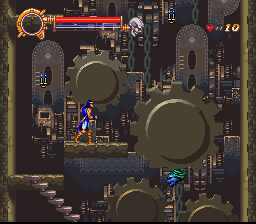

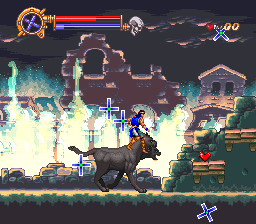
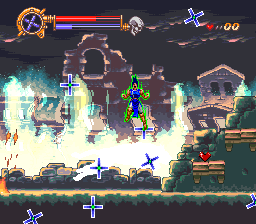

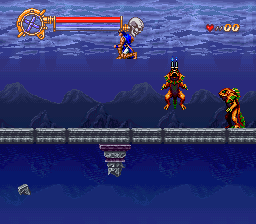

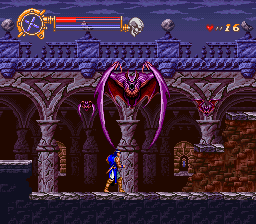

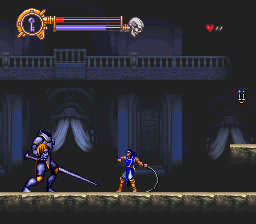

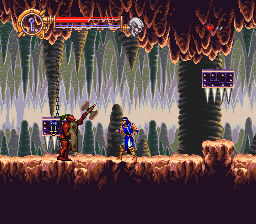








Comments